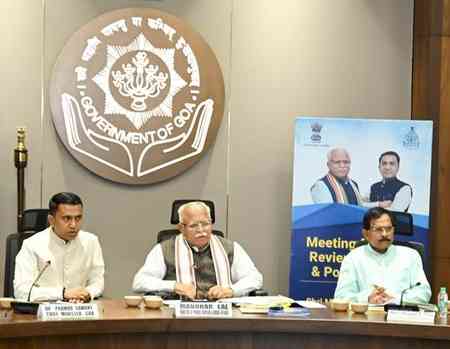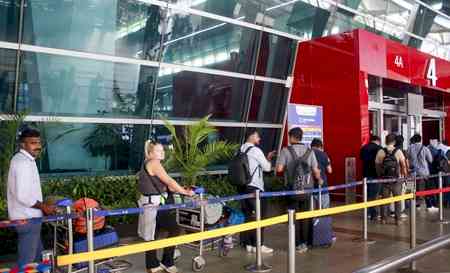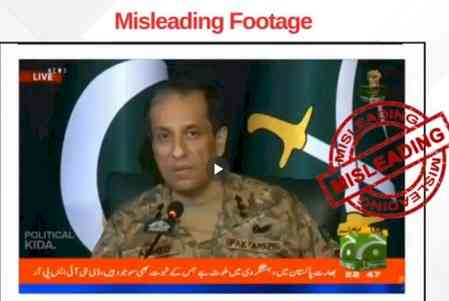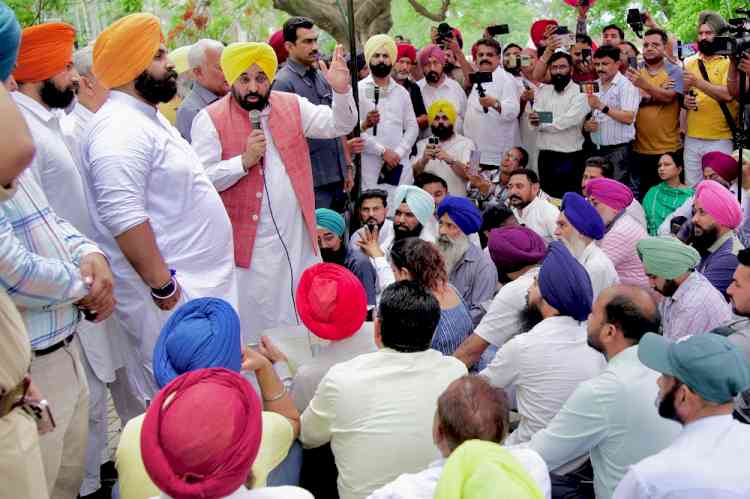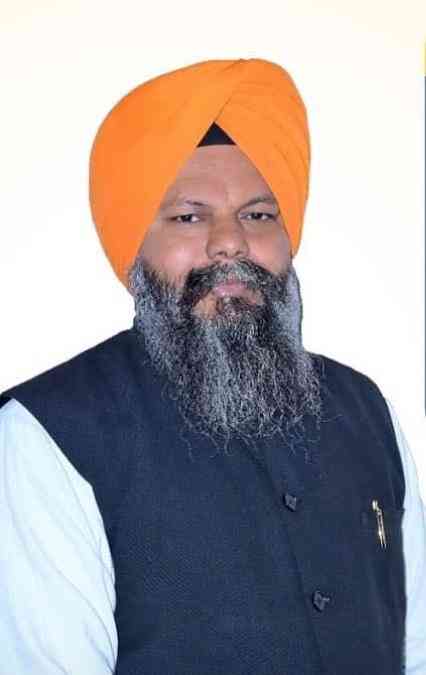Discussion in three sessions in Shape South Asia 2017 Summit on the second day
Author(s): City Air News- Discussion on issues such as digitization, future of learning in digital age, technology struggles - On the initiative of the World Economic Forum, Global Shepherds, Bhopal brought the best speakers on this regional...

- Discussion on issues such as digitization, future of learning in digital age, technology struggles
- On the initiative of the World Economic Forum, Global Shepherds, Bhopal brought the best speakers on this regional South Asian platform to discuss various topics.
Bhopal: On the second day of South Asian Summit 2017 on November 4, topic experts discussed the current burning topics in three sessions. The center of discussion at the summit was digitization, whose new possibilities and challenges were discussed.
The first session of the program, today's biggest question, is today the digitization is the beginning of the Industrial Revolution? Staying focused on The panel of this session included Head of Social Engagement - Asia, World Economic Forum Ravi Kaneria, Microsoft India's National Technology Officer Prashant Shukla and Sima's EVP academic Dr. Noyel Tego. This session was extracted and controlled by Founder and CEO FT Cash Vaibhav Lodha. During this time various issues such as the increasing availability of technology, education, agriculture, healthcare etc. have been implemented in the technology are discussed.
The subject of the second session was, The Future of Learning in Digital Edge. The main point of this topic was how to increase the level of education in the rapidly increasing digitization environment. Digitization and technology in session are making discussions about how to make courses and educational facilities smooth and easy. It also showed that this also threatens the future of teaching-training, because education is considered to be a face-to-face communication. Not only this, it has also emerged that the standard of education has not changed in many years, only changes like digitization have taken place. The session culminated with innovative children and their growing capabilities, saying that digitization can never be the option of classroom learning.
In the third session of the program, discussions on two aspects of technology, i.e. facilities and basic difficulties. Experts involved in the panel said that in the coming ten years, the government has targeted the residents of rural areas directly, but if the difficulties are talked about, those people who do not have toilet facilities, but mobile phones are definitely. It is the argument that digital connectivity is better than the necessity and the connectivity of infrastructure. After this, Infrastructure was discussed, in which it came to the fact that it is not important how basic infrastructure has been prepared, but in the end, the government can use the technical platform for all-round development. During the session, four major missions of the government, Swachh Bharat Abhiyan, Amrit Mission, the Law Cost Housing Mission and Smart City Mission were also discussed.
At the end of the program, workshop was also organized by Dwivedi, the development of Tata Interactive on Demystifying Artificial Intelligence. In this, artificial intelligence was explained as a trends in technology and new media. When a person does not find the way, we always search for a better way by using new technology through human intelligence. It also explained machine learning, computer system and feeding data.
Be aware that Global Shapers is an initiative of the World Economic Forum. This is a global community of Young Leaders, who have been a pioneer in their field while contributing a lot to their community. This year, with the fourth industrial revolution and technology in the summit, new possibilities and challenges are being discussed around the world. Points emerging in the summit will help in the direction of bringing about present and future innovation in public and private sectors in Asia. About 100 delegates from India and South Asian countries are taking part in this program.


 cityairnews
cityairnews 
